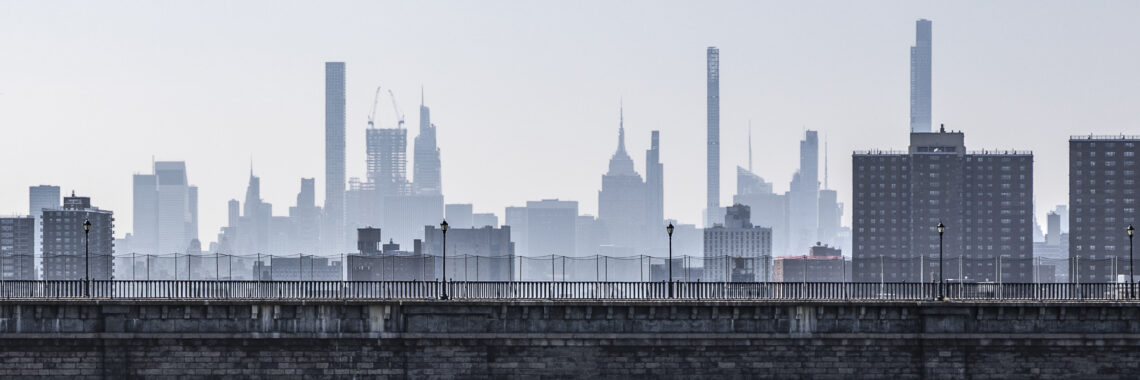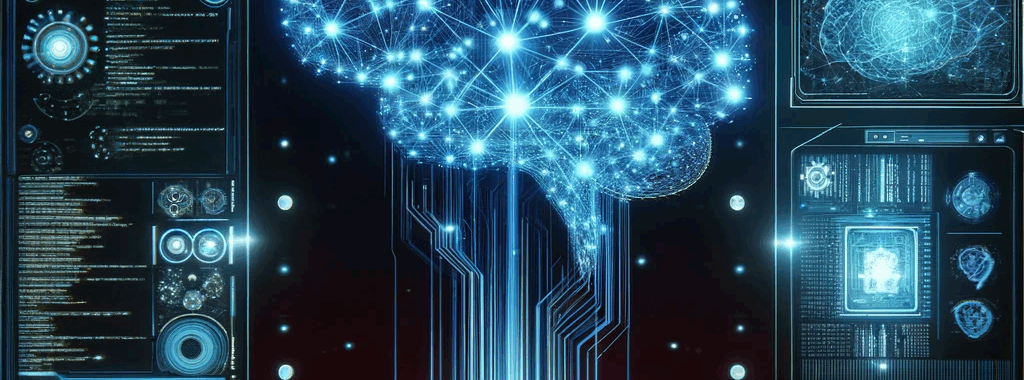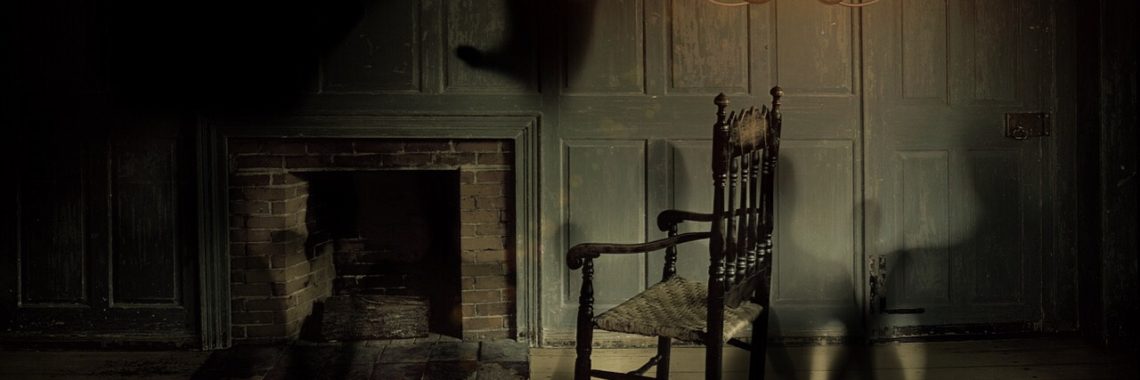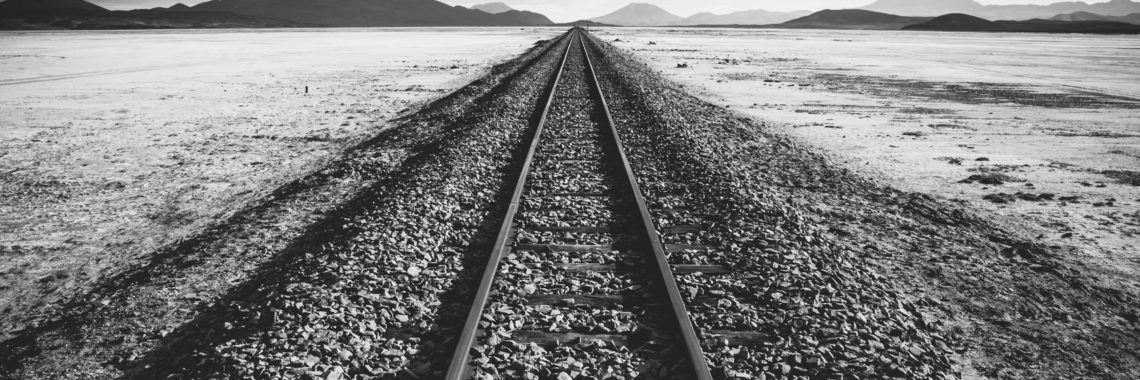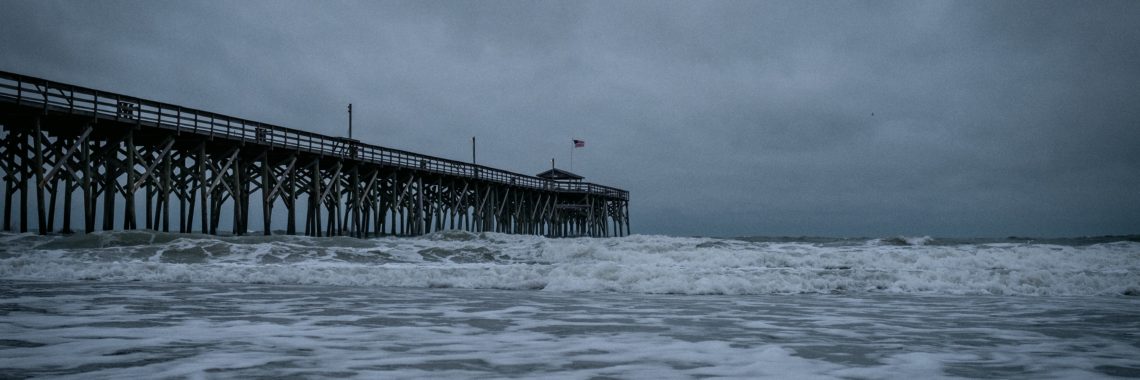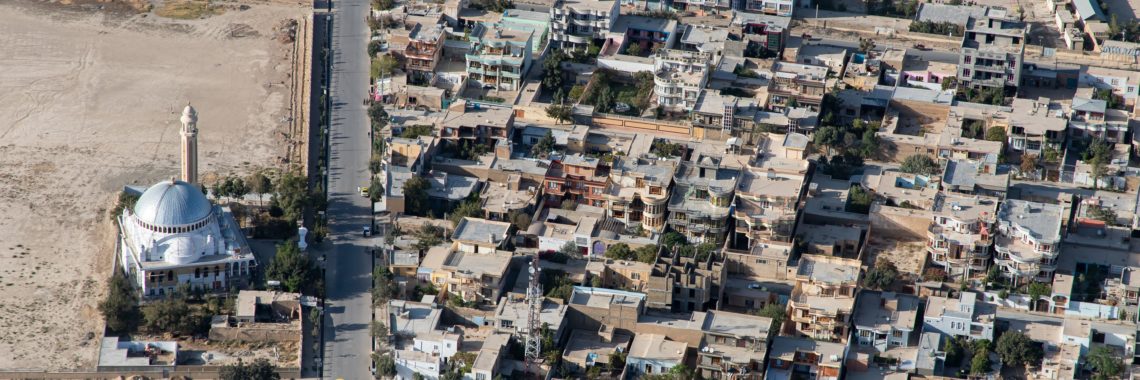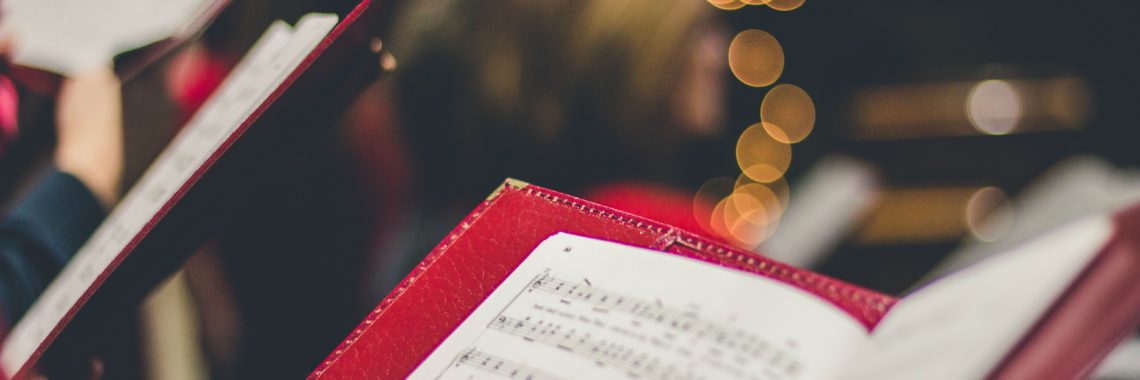“Generations on Generations of Human Rights” by M. Christian Green
New York City Skyline by Janusz Sobolewski (CC BY 2.0). Recently, a number of us on staff at the Center for the Study of Law and Religion, ranging from Gen Z to Baby Boomers, had the occasion to take stock of different generations and their perspectives on human rights. Baby Boomers are old enough to…


